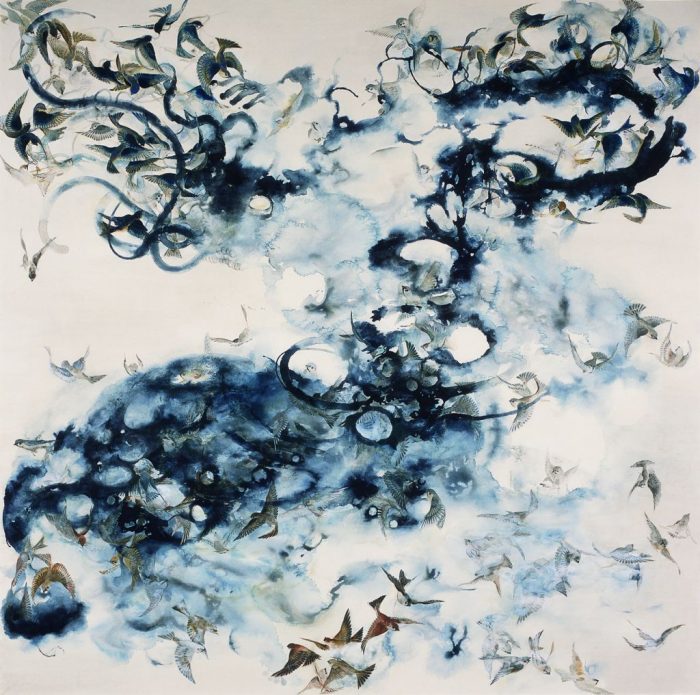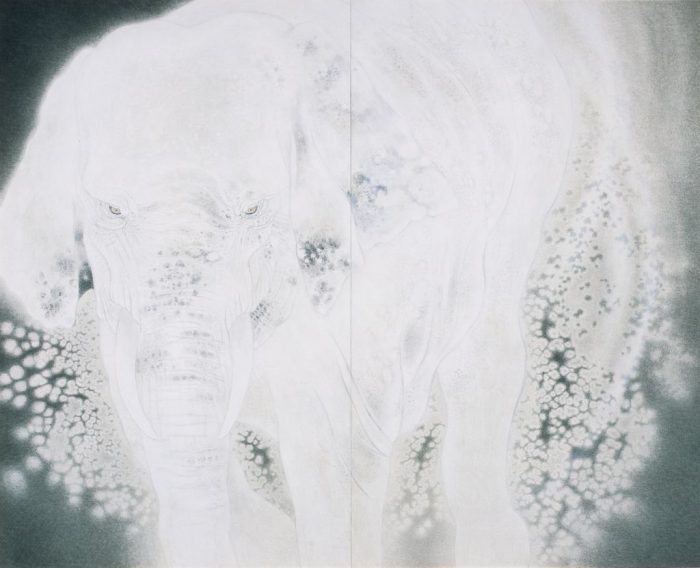If I am born again, I want to be born a person who suffers not only for myself but also for others,
January 8, 2024 18:22:34
This chapter had suffered a crime of search obstruction.
Referrer page
https://blog.goo.ne.jp/entry_sitemap/20240108PM.xml.gz
The chapter I submitted to Goo has an AM.xml.gz attached, leading to a download page.
Is there anything Docomo and Google can do to prevent this?
They are persistent and continue to commit crimes such as obstruction of business using the same tactics.
I subscribe to the Sankei and Nikkei newspapers, but I don't read them much lately.
The reason goes without saying.
However, those who read Mr. Masahiko Fujiwara's article in the Sankei Shimbun yesterday, January 7, must have been impressed by the last part of the article.
I also learned for the first time that Mr. Masahiko Fujiwara is an alumnus of Mr. Yoichi Takahashi, a Department of Mathematics, Faculty of Science, University of Tokyo graduate.
Emphasis in the text, except for the headline, is mine.
Masahiko Fujiwara, Mathematician Professor Emeritus, Ochanomizu University
Preamble omitted.
The "Wajinden" of the 3rd century describes Japanese morals as "polite without stealing or lawsuits."
Xavier, who came to Japan as a missionary in the 16th century, wrote that the Japanese "respect civility and honor," and Carl Peter Thunberg, a Swedish doctor who came to Dejima, Nagasaki, in the 18th century, wrote that the Japanese are "frank and fair, honest and sincere, brave and unyielding."
Townsend Harris, a U.S. diplomat who stayed in Japan for nearly six years after signing the U.S.-Japan Treaty of Amity and Commerce at the end of the Edo period, wrote, "At first glance, there are no rich or poor people in this country. It is what true happiness looks like for the people. I sometimes doubt whether opening Japan up and exposing it to foreign influence will actually make them happier. Because Japan, unlike any other country in the world, is in a golden age of frugality and honesty.
Japan was a noble country, unlike any other in the world.
As Harris feared, Japan was soon caught up in the wave of imperialism, and after several wars, the country was finally burnt to the ground and a land of the poor.
Yet, the country's morality was not so severely damaged.
However, the GHQ's postwar guilt-awareness program took its toll.
They cleverly and massively denigrated Japan's history, ancient virtues, traditions, and values.
They tried to uproot the love of the motherland so that Japan would never again rise and stand against the U.S.
Instead, they instilled in Japan the freedom, equality, and democracy the U.S. unquestioningly believed in.
In the midst of their dejection after the first defeat in history, the Japanese people crowned these and the new Constitution created by GHQ in a little more than a week as the path to peace and prosperity.
Globalism (neoliberalism), which entered the country in the mid-1990s after the end of the Cold War, further pushed Japanese morals into a tailspin.
The financial Big Bang, new accounting standards, market principles, deregulation, small government, government beatings, decentralization, privatization, the Big Store Law, structural reform, restructuring, payoffs, postal reform, fiscal austerity, consumption tax hikes, shareholder centricity, and so on, came in rapid succession.
All were forced on Japan by the U.S.
It was a shock doctrine that took advantage of catastrophes such as the Great East Japan Earthquake and the bursting of the bubble economy to expand neoliberalism.
Neoliberalism is the elimination of regulations and the "fair fight for all.
At first glance, it sounded reasonable, so politicians, bureaucrats, the business community, economists returning from the U.S., and the media, which had no independent viewpoint but only unthinkingly followed them, strongly supported it.
The public, too, jumped on the bandwagon, following the slogan, "Don't miss the bus; this is the age of globalism.
As a result, a performance-based society was born, and a competitive society of the weak and the strong was created.
The society, which was said to be a "100 million middle-class society," was divided into a few winners and many losers.
Japan, historically the country farthest from money worship in the world, became a money-supremacist.
Honesty and sincerity were relegated to the margins, and the proud sentiments that have made Japan what it is, such as people's kindness, gentleness, compassion, hatred of cowardice, and deep empathy for others, as well as the code of conduct that has made Japan what it is, were forgotten.
GHQ, Anti-Japanese, Globalism
Since it opened civilization to the world in the Meiji era, a bad habit of jumping on new ideas from the West was born.
After the war, we have been altruistically steeped in the GHQ view of history, which is nothing more than the self-justification of the U.S. for committing the terrible crime of dropping the atomic bombs, and we have become obsessed with the anti-Japanese view of history and have been swept away by globalism.
Perhaps anticipating this, Fukuzawa Yukichi said in the abovementioned book: "For hundreds of years, a country has been a nation. It should not easily change a custom practiced in a country for hundreds of years. We must give them a great deal of thought and time to change them.
It is because the wisdom of our ancestors is deposited like a massive mountain in institutions, customs, and morals.
It was inevitable that the samurai became unnecessary after the Meiji era. Still, it was significant that even the spirit of bushido, which mainly consisted of charity, sincerity, compassion (tears for the weak), courage, and hatred of cowardice, had declined.
The Japanese people have lost their form.
The philosopher Junzo Karaki, in his book "An Attempt at Contemporary History," wrote: "Individuality without a foundational form has become a new form.
Individuality without a form to base it on is constantly overwhelmed by new trends of thought.
It was the background to the loss of Japaneseness in the Japanese people after the Meiji period, as they jumped on foreign trends without deep reflection.
The only way to stop Japan from going astray is to nurture the ancient Japanese emotions and forms at home and school.
We do not have time to waste on English or computers in elementary school.
As a freshman in high school, Kenji Miyazawa's "Last Farewell Morning " moved me.
The poem begins with, "My sister, who will be far away within today."
His twenty-four-year-old sister Toshiko, on her deathbed, is gasping with a high fever and asks him to fetch some snowflakes from the branches of a pine tree in their garden for her to eat.
When Kenji fed her the snow in a bowl they had grown accustomed to eating, she said, "If I am born again, I want to be born a person who suffers not only for myself but also for others," and passed away.
Kenji vowed, "My admirable sister, I, too, will go straight ahead."
I was so moved by this poem that I strongly reminded myself that I would live a straight life from now on, no matter what.
This encounter with a poem became my guideline.

2024/1/5 in Kyoto



















